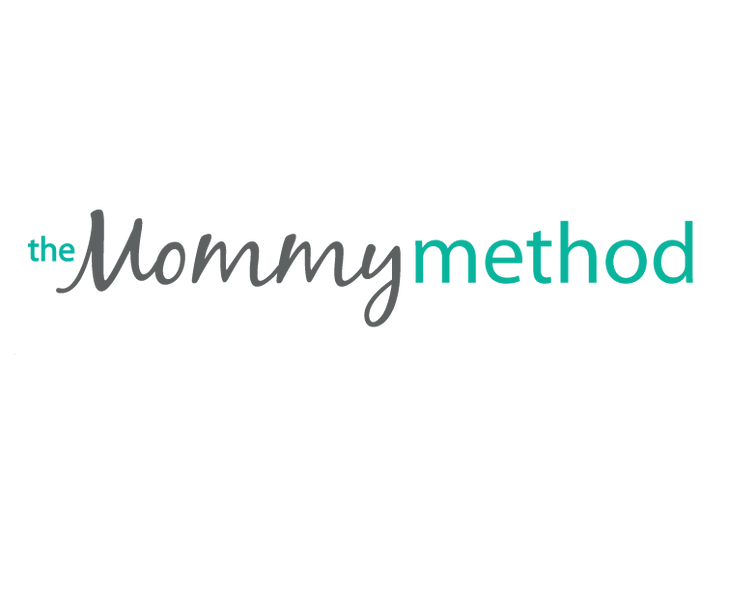Teaching Children to Cope (Part 2): Mantras
- Whitnee Page
- Dec 9, 2015
- 4 min read
Part one talked about teaching children how to get up on their own after a fall, but as they get older this can be used to help with any failure or disappointment. Mantras likewise are very helpful with children, but I use them as well when I need them. In it's simplest form, a mantra is a simple, powerful statement that can be repeated over and over to lend focus on what to do, instead of what not to do. This is helpful in many areas of our lives, and work especially well for children because of the simplicity.

Mantras for Confidence:
"I am smart, I am powerful, I am strong," is a simple statement that rolls off the tongue easily, but when you think about those key words, they are powerful, powerful concepts, especially for children, who are often told that they are none of these things. This is the mantra we teach to our 3 1/2 to 5 year old class. And people wonder why the kids are so well-adjusted and confident. :)
So How Do You Create a Mantra?
The essential part of any mantra is the "I am" with a positive word/phrase following. We want them to be positive so that they are focusing on the end result they want. This builds confidence and lets them see where they are headed. Look at these two mantras:
"I'm not afraid, I won't fail, It's not the end of the world."
vs
"I am brave, I am successful, I will be okay."
If you chant these over and over, what goes through your mind? "Afraid, Fail, End of the World" vs "Brave, Successful, Be Okay." Which one do you want? Hopefully the positive one!
As we create these positive mantras, they can be used for a variety of situations.
Child is worried about performing in front of a crowd?
"I am prepared, I will do this, I will be awesome."
Child is getting shots at the doctors?
"I am strong, I am brave, I am healthy."
Child is having trouble making friends?
"I am nice, I am friendly, I am fun."
These mantras set the stage before things happen and give them the boost of confidence they need to perform at their best. Other times they can be used to help rectify a problem, such as in the "I am okay" mantra we use for falls at my house. Keep in mind that these need to be said slowly with deep breaths in between. "I'mokay/I'mokay/I'mokay!" is more like hysterics than a mantra.
A New Take on the "Time Out":
When my daughter misbehaves, she used to get sent to time out, where she was supposedly thinking about what she had done so that she wouldn't repeat it, but she rarely seemed to know why she was even in trouble. I realized it had become a way for me to get a break from whatever behavior was driving me crazy, and she got nothing out of it. She still ends up in time out sometimes, but I have been trying a new method that has been a lot more effective. The catch? It takes more brainpower and patience, something we mom's have in abundance, right? We can - if we use our own mantras! Anyway, so what do I do? Instead of having her sit in a corner and daydream, I give her a mantra that applies to the behavior I want to change. She was going crazy and jumping all over the place and generally making a nuisance of herself by getting in everyone else's space. So she got to sit by me, take a deep breath, and say the following mantra over and over until she felt calm and able to follow it: "I am calm, I am respectful, I am happy." It only took about 10 repetitions before she calmed down enough to go play again.
Some sample mantras:
Lying - "I am honest, I am good, I always tell the truth."
Anger - "I am calm, I am loving, I am nice."
Hitting - "I am nice, I am gentle, I always take care of my sister."
Talking Back - "I am respectful, I listen, I am obedient."
Why would you say these things if they are obviously false - you just caught the kid lying, right? You do it for a few reasons:
So the child sees you believe in them.
So that the child can see themselves in a positive light in their own minds.
So that they don't internalize the bad behavior as who they are. He is NOT a liar. He just made a mistake, and now he is going to be honest, good, and tell the truth from now on.
Now, these won't work if you are not following them yourselves. You need to embody the qualities you are trying to teach, and will need to have conversations with your children so that they know what these words mean. But by taking a little more time to do that, we can teach them a valuable coping skill that can help them their whole life long. Just recently I had a miscarriage. I used my "I'm okay" mantra A LOT. And guess what? I am. Not an experience I would recommend to anyone, but I am okay, and if we can learn how to cope in a positive manner, then we all can be.






Comments